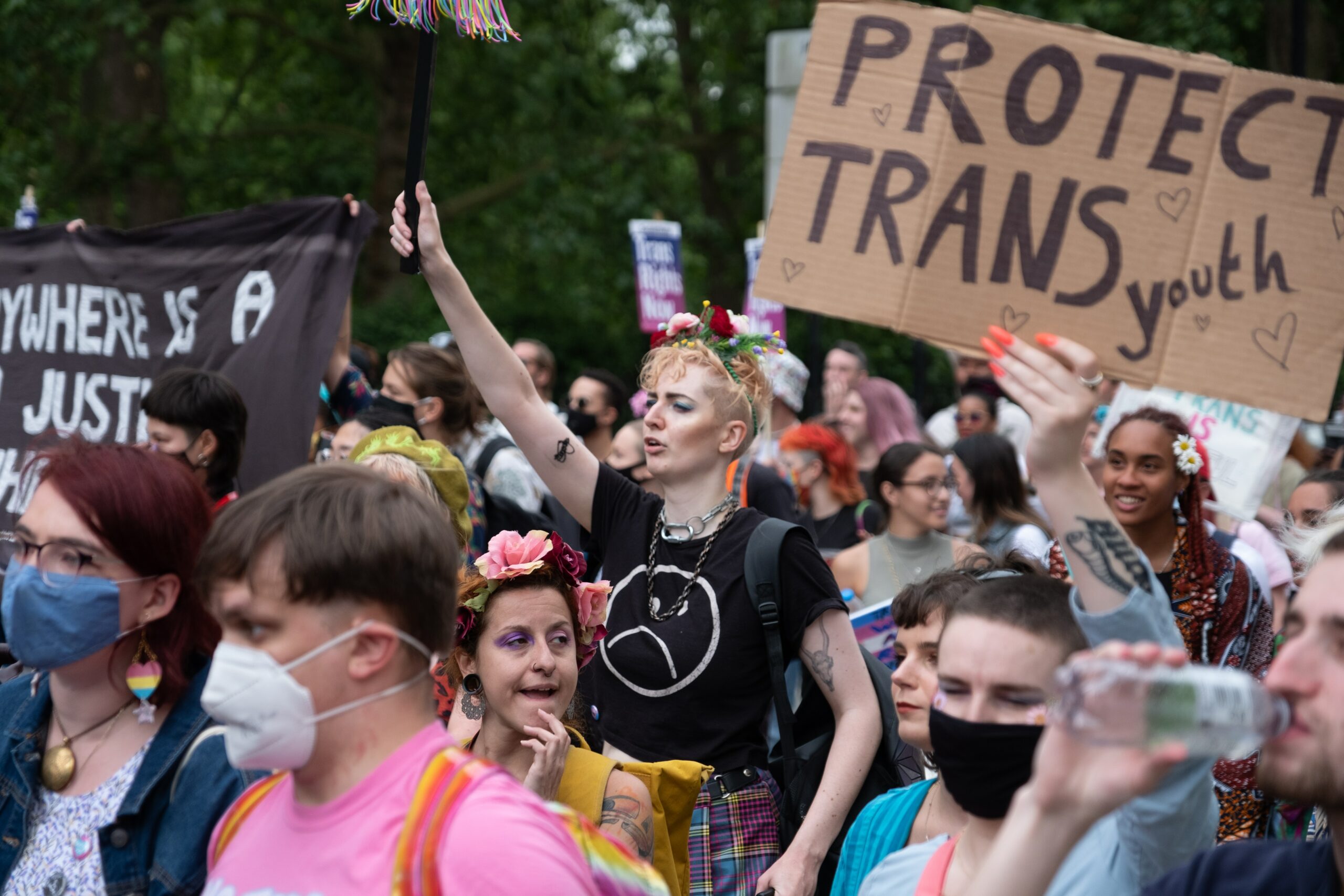
Transgender wars
The right to transition to a different gender dominates coverage of transgender issues in the media. Less well known is a growing movement of “detransitioners”, people who have reversed the effects of their medical treatment.
In fact, activists celebrated #DetransitionAwarenessDay on March 12. Genspect, a parent-based organization that seeks to put the brakes on medical transitions for children and adolescents, organised a Zoom conference. People logged on from all over the United States, Canada, New Zealand, Australia, the United Kingdom, Germany, Spain, Chile, and Brazil, among other countries.
The testimonies were devastating. Many said that they were encouraged to transition without adequate assessment of pre-existing mental health problems. A common complaint was that gender experts encouraged them to transition but spurned them when they wanted to detransition.
One woman who detransitioned said that her insurer had offered to support breast reconstruction. She felt insulted. “Like you’re Mr Potatohead: ‘Here, we can just…put on some new parts and you’re good to go,'” she said.
Meanwhile, in a universe far, far away, a bioethicist writing on The Hastings Centre blog took a completely different point of view. Ian D. Wolfe, the senior clinical ethicist at Children’s Minnesota, took aim at Texas legislation which treats gender medicine as “child abuse”. He wrote that there is “overwhelming evidence of the benefits of gender-affirming care”, a claim that participants in the Genspect conference would dispute with their own lived experience. He writes:
The Texas directive is not about protecting children. It lacks grounding in medical or behavioral health research. It is not ethically defensible. There is no professional analysis that concludes that appropriate gender-affirming care is child abuse. In fact, quite the opposite. There is a strong argument that refusing to use affirming language and denying access to beneficial health care cause harm and could be classified as abusive.
In fact, Wolfe makes a strong case that treating “gender-affirming medical care as child abuse” is unethical and immoral. “Fear-mongering authoritarian regimes … rely on moral silence by making it difficult not to comply. But clinicians and other mandated reporters must not comply. Moral courage is required.”
Which version of the transgender experience should we believe?
